How to reduce rain noise to sleep soundly – ways to keep your home a haven of quiet and calm
These ideas will muffle heavy rain sounds and allow you to focus on work and wind down for rest
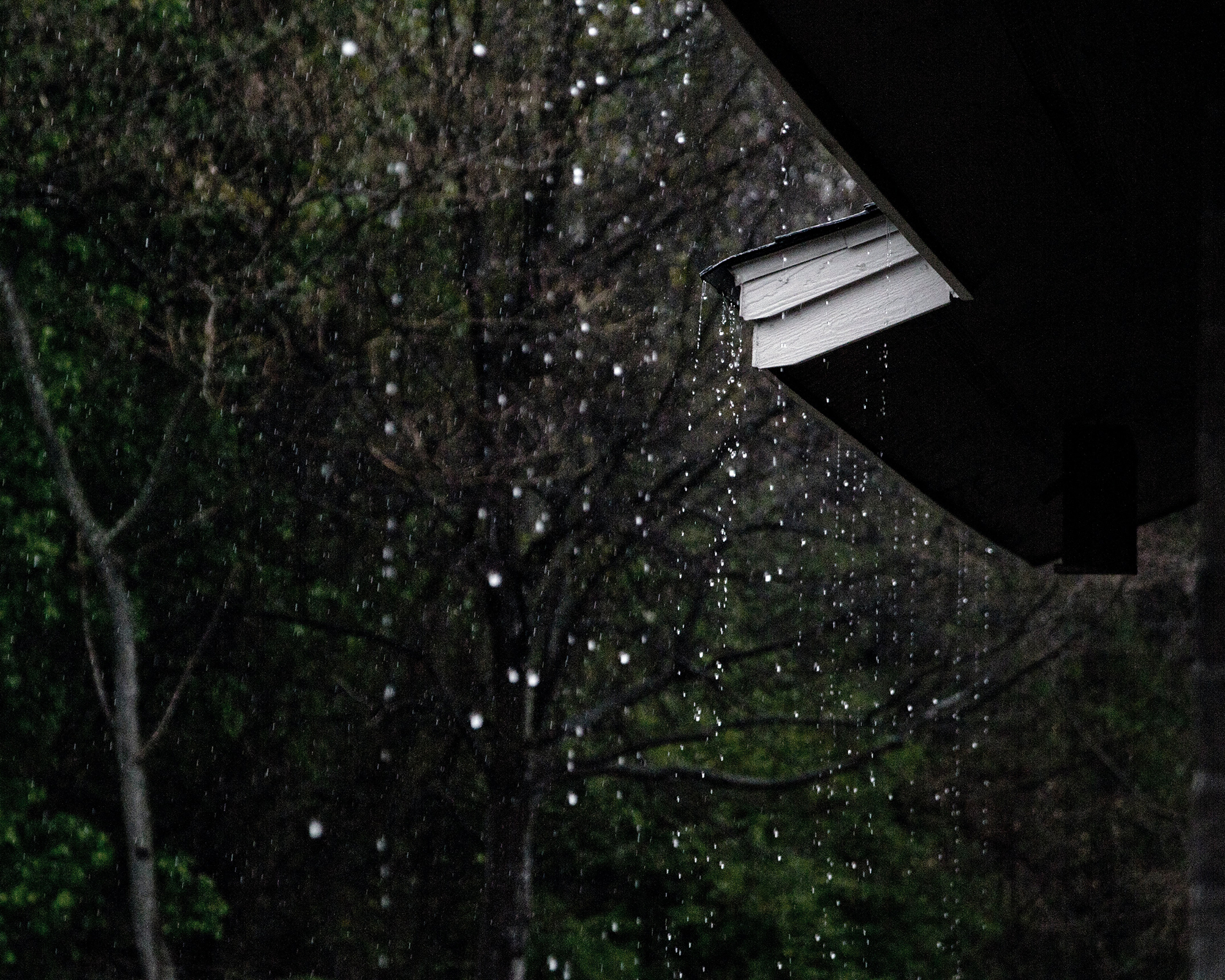

The sound of softly falling rain on the roof while you're tucked up in bed can be one of the most cozy and comforting feelings to many. However, if your home has a glass box extension, skylights or roof lanterns, then heavy rain can be extremely disrupting.
Whether you're trying to drift off and the cacophony of drops and splashes are keeping you up, or you're trying to focus on work and the spats of water on glass above your head stop you from focusing, there are ways of keeping the din at bay.
Keep reading to find out how to reduce rain noise – and browse our house design page for more solutions, inspiration and advice.
1. Check extension fittings
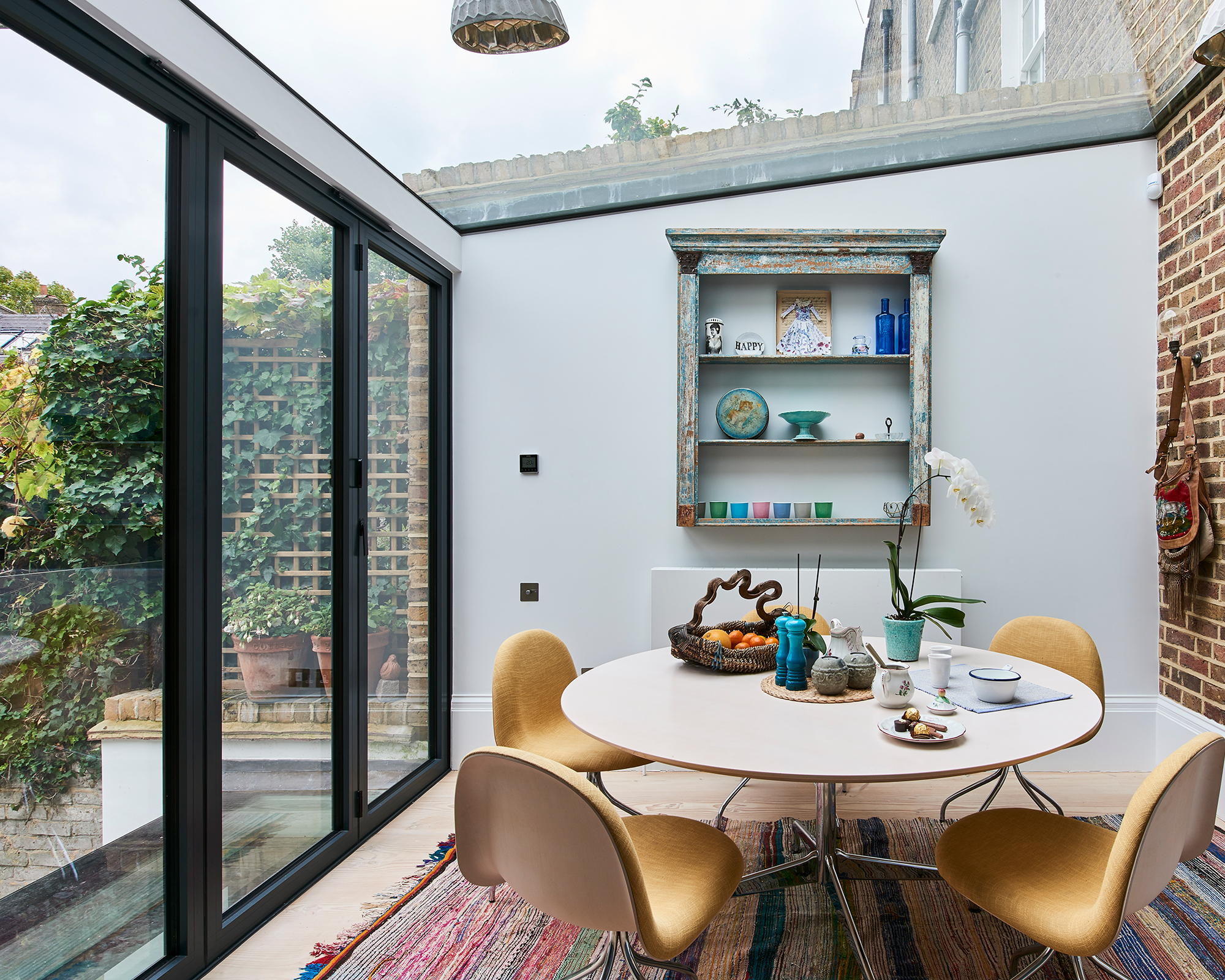
Photography/Jonathan Gooch
We're big fans of glass additions to a home, but unfortunately this way to flood more natural light into your home also amplifies the gentle noise of rain into something much less comforting.
Get a thorough check of your extension done if the noise of rain becomes annoying. 'There are many cases in which windows are improperly fitted into the roof, which only exacerbates the resounding noise of rain against the window,' says Jonathan Hey, founder of Aliwood Roof Lanterns. 'It’s essential that the area around the window is insulated, too'
Insulation is key, as if this can sort the problem, then you don't have to think about the bother of any changes or upgrades to your extension. As well as seemingly superficial insulation. changes, like with layers of throws and cushions in seating areas against these extensions, there are of course more in-depth choices. 'Some may want to purchase fiberglass insulation and layer it around the shaft of the extension, in an effort to dampen the noise,' notes Jonathan. 'Ultimately, if you’re able to convert the hammering of rain into a gentle and soothing ambient noise; you’ve done the job well.'
2. Opt for noise-reducing glazing
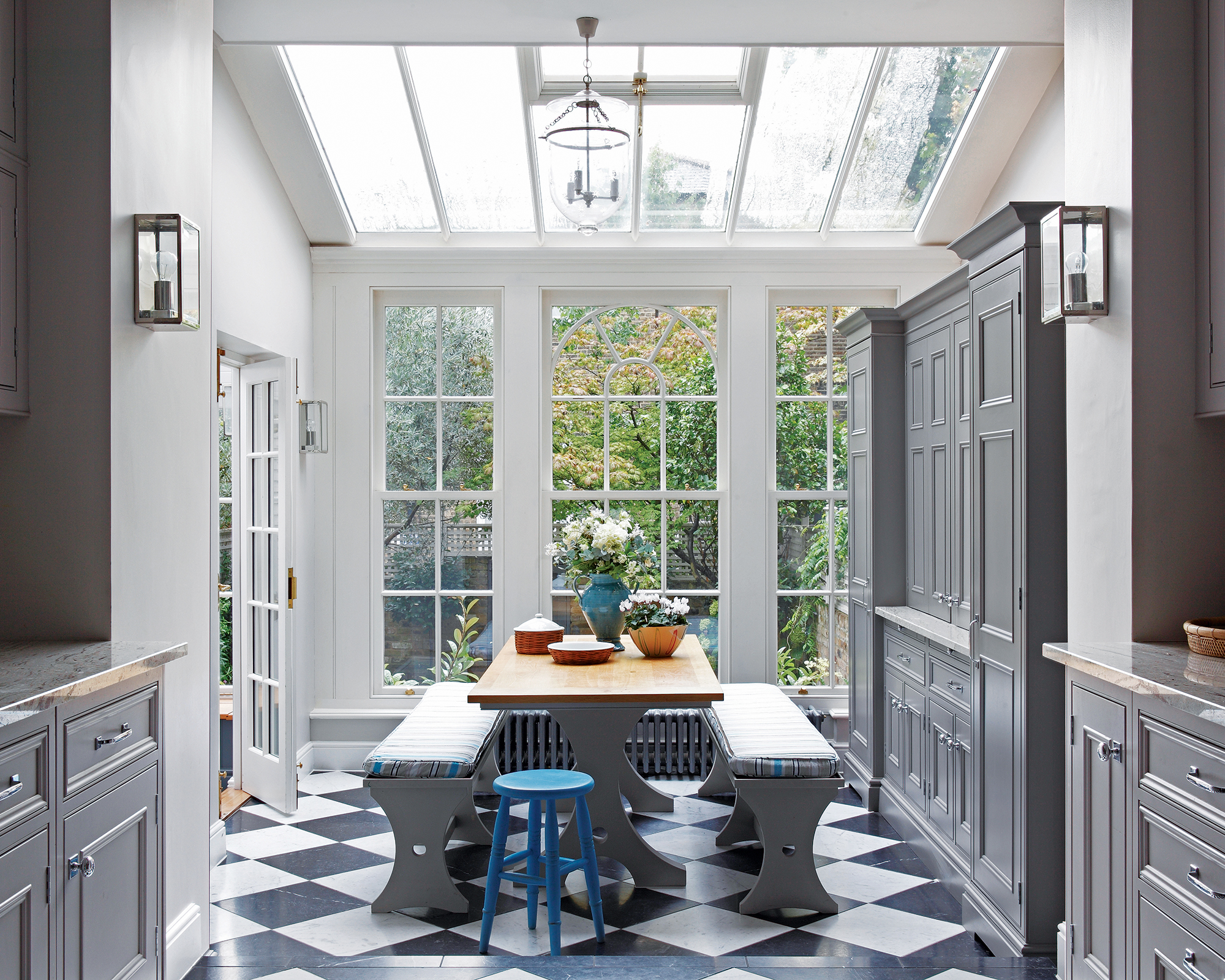
Photography/James Balston
Double, or even triple, glazed windows are a marvel for cutting down on heating bills by trapping heat. Additionally, they distinctly muffle outside noises from invading your space, and this includes the noise of heavy rainfall.
Sign up to the Homes & Gardens newsletter
Design expertise in your inbox – from inspiring decorating ideas and beautiful celebrity homes to practical gardening advice and shopping round-ups.
It is through the thickness of the glass, spacing and interlayers, that this type of soundproof glazing is able to block out more of the unwanted noise from the outside world,' notes Jonathan. 'Whilst a little costly, it is a worthwhile investment and you will certainly notice the difference.'
Additionally, this kind of upgrade will increase the value of your home.
3. Look to window treatments
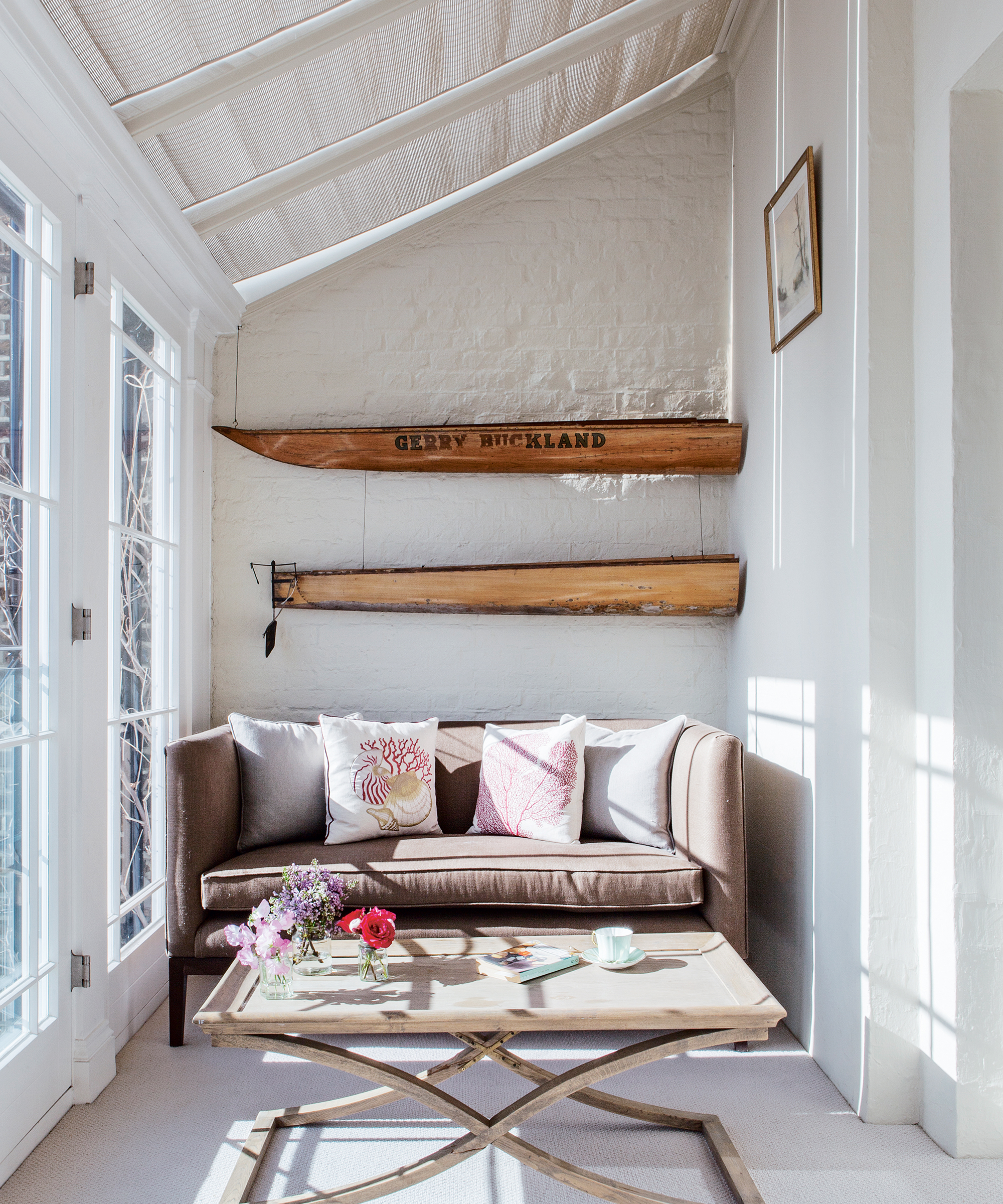
Photography/Emma Lewis
A lot of contemporary extensions and side returns are styles to be window treatment free, but the addition of blinds or curtains can have a lot of advantages.
In glass extensions, choose close-fitting curtains fairly thin, which will barely be noticeable when pulled back, which will dim the noise of unwanted rain sounds, as well as making your space cozier and warmer in winter months.
You may think that skylights and roof lanterns are exempt from any kind of window treatment, but there are many blinds that can be a great addition for muffling sounds and trapping heat. 'There are different types of blinds, for example - awning, insulating, honeycomb - and you may prefer to utilise one over the other,' says Jonathan.

Thea Babington-Stitt is a Content Editor at Future. She has been an interiors journalist for nearly 10 years and has held positions at LivingEtc, Country Homes & Interiors and Homes & Gardens. Currently, she is writing for Ideal Home and Style At Home's websites and magazines.
-
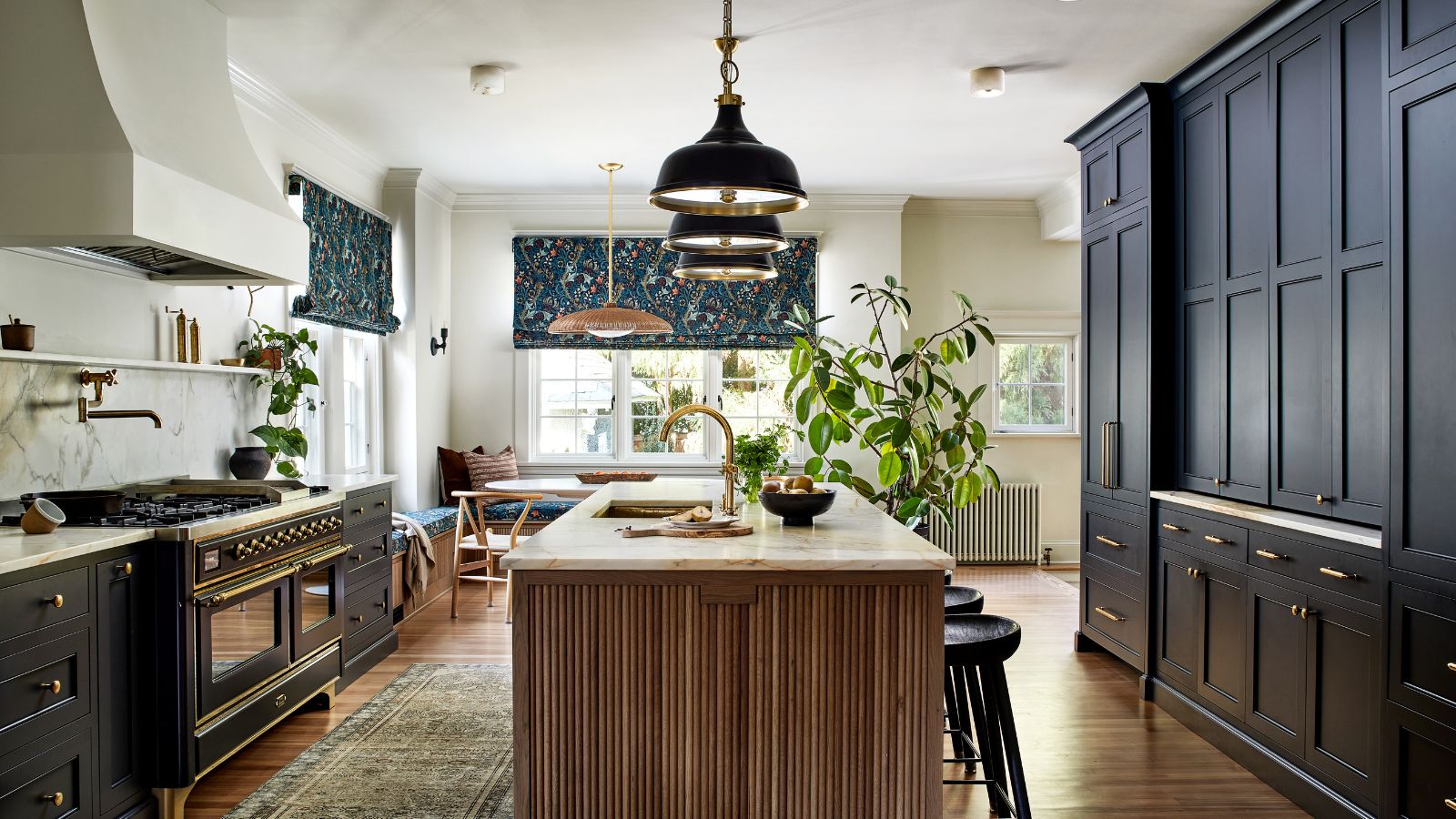 This once-dated kitchen is now a timeless space with the coziest details – and its the classic color palette that's made it a chic, welcoming space
This once-dated kitchen is now a timeless space with the coziest details – and its the classic color palette that's made it a chic, welcoming spaceWarming colors and natural materials combine to create this enduringly classic kitchen scheme
By Molly Malsom Published
-
 How to grow crepe myrtle in pots – and transform even the smallest of yards with dazzling flowers this summer
How to grow crepe myrtle in pots – and transform even the smallest of yards with dazzling flowers this summerGrowing crepe myrtles in pots will inject splashes of brilliant color into your outside space
By Thomas Rutter Published